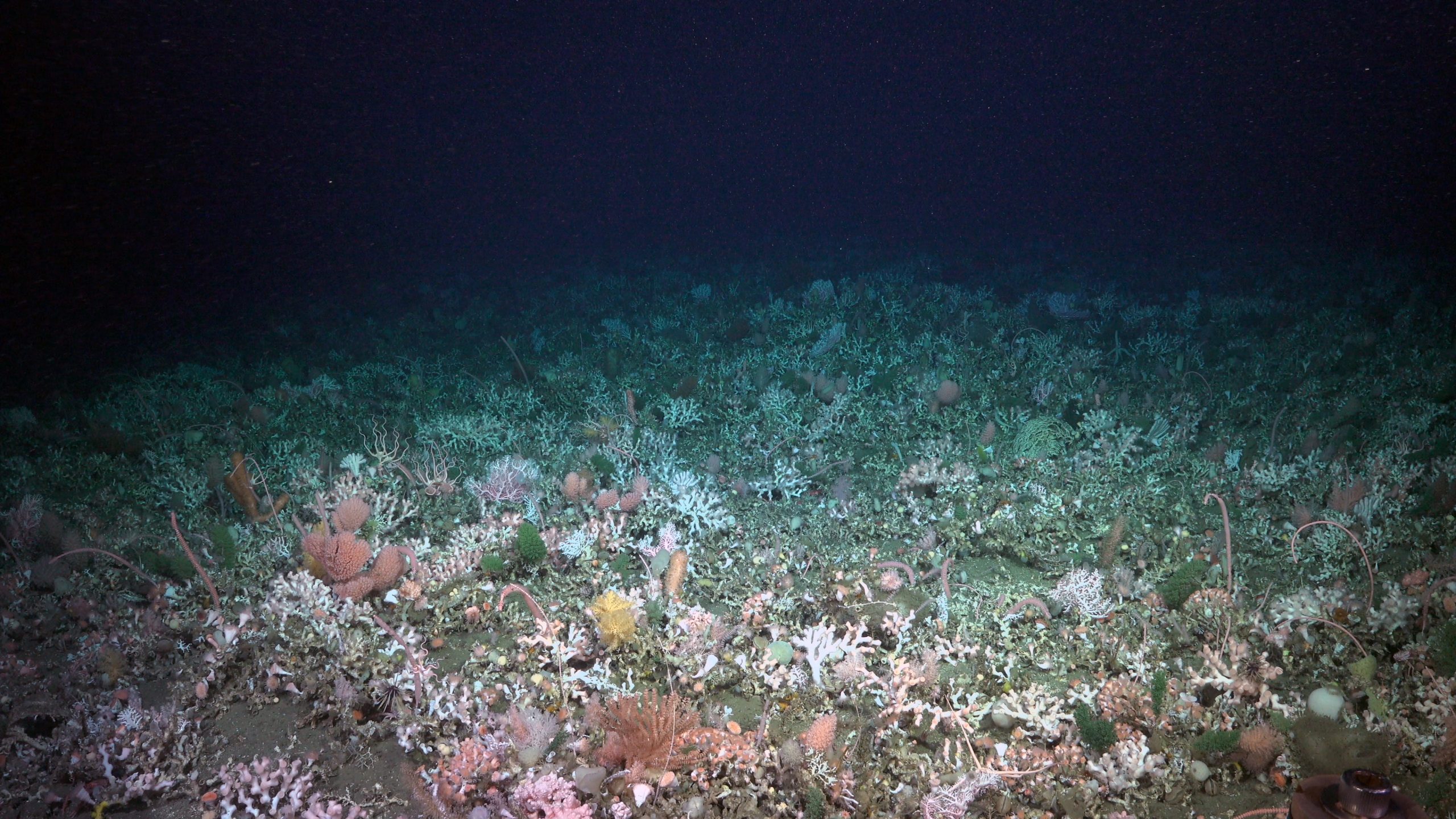PRESS RELEASE – September 1, 2025
CORDAP announces new funding call and celebrates 2024 awardees
The G20 Coral Research and Development Accelerator Platform (CORDAP) has launched its fourth annual Coral Accelerator Program (CAP) funding call, offering up to USD 1.5 million per project for innovative solutions to secure the future of corals and reefs. The deadline for submission is October 20, 2025, and funded projects are expected to commence in late 2026.
Alongside the launch of the new funding call, CORDAP is proud to announce the awardees of CAP 2024. Last year’s call attracted 85 proposals, and after rigorous evaluation, seven groundbreaking projects were selected for funding. These projects, with a total investment of USD 8.8 million, fund researchers from 26 countries and are set to make significant contributions to coral conservation and restoration.
The Urgency of Action
Recent reports reveal alarming coral losses worldwide, with some areas of the Great Barrier Reef experiencing up to a 70% decline in living corals. Similar results have been reported across the Caribbean. Since 2023, at least 84% of the world’s coral reefs, spanning 82 countries and territories, have suffered bleaching stress.
The unprecedented scale of coral decline signals an urgent need for action to preserve these invaluable natural resources.
Corals’ future is powered by science
From the 600 applicants for CAP 2024, 25% of the lead applicants were female, 38% of the awarded proposals were led by researchers from low- and middle-income countries (LMICs), and 50% of the countries involved in the awarded proposals are LMICs. The selected projects span innovative solutions such as an underwater biobased glue, coral probiotics, AI mapping of deep-sea corals in the central and south Atlantic, bioink to boost coral settlement, treatments for coral diseases, safeguarding heat-resistant corals from extinction, and tools for African communities to restore degraded reefs.
Reflecting on the impact of past projects, CORDAP takes pride in supporting researchers like Dr. Valeria Pizarro (Perry Institute of Marine Science), now in the second year of a project developing probiotics to help corals survive a lethal disease devastating reefs in the Caribbean. Pizarro stated:
“The funding that we received from CORDAP, and that CORDAP is providing to other organizations in the Global South, is playing a major role. Usually, these amounts of funding were reserved for highly developed countries, which were the ones leading and conducting most of the research. CORDAP has changed that by shifting support to places like Latin America, Africa, and other regions. One to one-and-a-half-year projects limit the results we can achieve. These three-year projects change how we can do science; we can accomplish so much more.”
5
About the Coral Accelerator Program (CAP) 2025
CORDAP, a G20 initiative, is the only international organization fully dedicated to funding research and development focused on tropical and cold-water coral conservation and restoration. The Coral Accelerator Program is guided by three core principles:
- Ensuring Local Community Benefits: Solutions developed must be affordable and accessible to those most in need.
- Global Inclusivity: Applicant teams must include organizations from at least two countries, one of which must be a low or middle-income country.
- Open Source Solutions: Intellectual property resulting from CORDAP-funded activities will be made available free under a public license for all commercial and non-commercial coral conservation use, enabling broader access and innovation.
Carlos Duarte, Executive Director of CORDAP and Distinguished Professor at King Abdullah University of Science and Technology (KAUST), emphasized the critical nature of this work:
“Coral reefs risk collapse by 2035, and yet we still lack the science and technology needed to cost-effectively enhance coral resilience, forecast degradation, and scale restoration. We must deploy these scientific solutions rapidly and at scale to short-circuit the 15- to 20-year waiting time between research and application. This requires that we accelerate our efforts to provide solutions to this impending crisis. This is why CORDAP is investing in international R&D projects that fast-track our capacity to conserve and restore corals worldwide“
The CAP 2025 will award projects with the potential to significantly advance science and technology in several high-priority coral research areas, including coral aquaculture, cold-water corals, methods to preserve and conserve existing corals, strategies to enhance coral early-life survival, as well as approaches that contribute to research and development capacity building, among other topics.
The deadline for submissions of Concept Notes for CAP 2024 is October 20, 2025. For more information on the Coral Accelerator Program and how to submit a proposal click here, and to learn about the newly awarded 7 CAP 2024 projects visit https://cordap.org/projects-awarded/
Photo: Deep sea coral garden in the Mar del Plata Canyon, Argentina. Credits: Schmidt Ocean Institute.
_________________________
About CORDAP
The Coral Research & Development Accelerator Platform – CORDAP – was launched in 2020 by the G20 to fast-track research and development (R&D) solutions to save the world’s corals. CORDAP brings together the best minds worldwide, in a transdisciplinary approach, to accelerate international research and development to supply the technologies and innovations required to secure a future for corals and reefs.
Contact
Carla Lourenço, Communications and PR Lead
Email: carla.lourenco@kaust.edu.sa
Coral Accelerator Platform 2024 awarded projects and team leaders’ details:
“Enhancing substrate availability to accelerate reef recovery through underwater bioadhesives” led by Prof. Scott Bryan (Queensland University of Technology)
“Next-generation coral probiotics (CoPro) for coral restoration” led by Prof. Haiwei Luo (The Chinese University of Hong Kong)
“Coral cartography: mapping Atlantic cold-water corals to support area based management” led by Prof. Kerry Howell (University of Plymouth)
“Recruitment-enhancing living materials for artificial and natural coral reefs” led by Dr. Joan Anne Kleypas (Raising Coral Costa Rica)
“Natural processes to suppress coral disease in a changing ocean” led by Prof. Mark E. Hay (Georgia Institute of Technology)
“Reefs of Hope: nature-based assisted coral adaptation” led by Dr. Austin Bowden-Kerby (Corals for Conservation)
“Sustaining coral reef restoration outcomes in the Western Indian Ocean through multi-level governance engagement” led by Arthur Tuda (Western Indian Ocean Marine Science Association)

